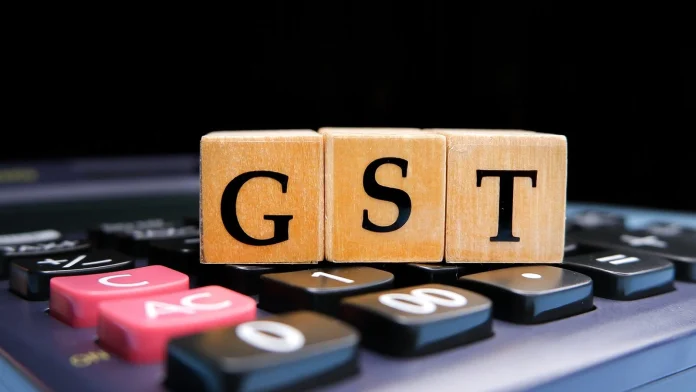The rule to make online invoice or e-invoice mandatory is being brought so that tax evasion can be prevented and the income of the government can be increased. The handling of complaints will also become easier by making invoicing online.
For business whose annual turnover is more than Rs 5 crore, it will be necessary to generate e-invoice under Goods and Services Tax (GST). This new rule is going to come into effect from January 1. For this, GST Network has asked its technology provider to prepare the portal for e-invoicing by December. This information has been given in a media report. The effort of the government is to bring all those businesses under the new framework by the next financial year, whose annual turnover is more than Rs 1 crore.
The rule to make online invoice or e-invoice mandatory is being brought so that tax evasion can be prevented and the income of the government can be increased. The handling of complaints will also become easier by making invoicing online. The GST Council has decided to introduce electronic invoicing in a phased manner. Its purpose is that even the smallest business should be brought under the purview of the economy.
According to the recommendations of the GST Council, from January 1, 2023, e-invoicing for businesses with annual turnover of more than 5 crores will become mandatory. Standard format is used in e-invoicing which can be easily read by any machine. This will make it easier to collect business data of small business vendors and large vendors in one place. Sales data can also be collected on the basis of which tax credit is claimed.
With the introduction of e-invoicing, wrong input credit claims will be caught in the business. This will check tax evasion. From October 1, e-invoicing has been made mandatory for those businesses whose annual turnover is more than 10 crores. E-invoicing in business to business transactions was made mandatory from October 1, 2020, but the turnover was kept at 500 crores. At present, this rule is for a turnover of Rs 10 crore. But from the next 1 January, the turnover of 5 crores will also be included in e-invoicing.
Later on January 1, 2021, the annual turnover of 500 crores was reduced to Rs 100 crores. This rule was again changed and from April 1, 2022, e-invoicing was made mandatory for businesses with annual turnover of 50 crores instead of 100 crores. By revising it, the amount of annual turnover was increased to 20 crores. From October 1 this year, the rule of e-invoicing was issued for the business of annual turnover of 10 crores. The turnover of 5 crores will be included in this category from January 1 next year. Its preparations have been started.






